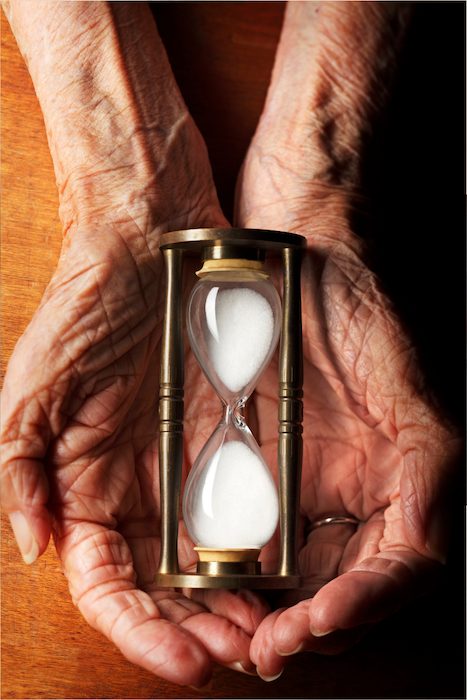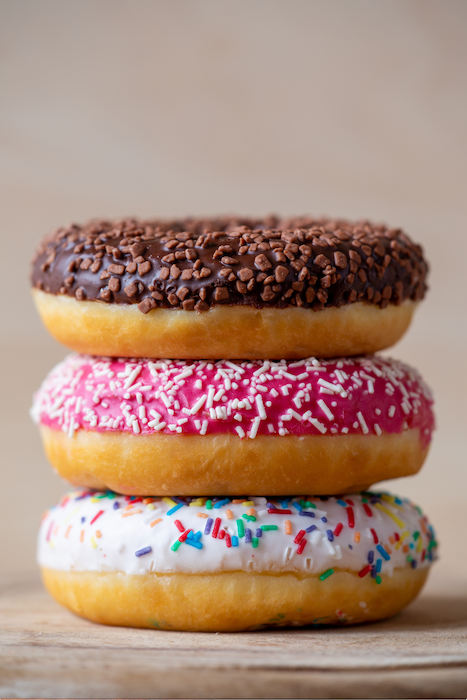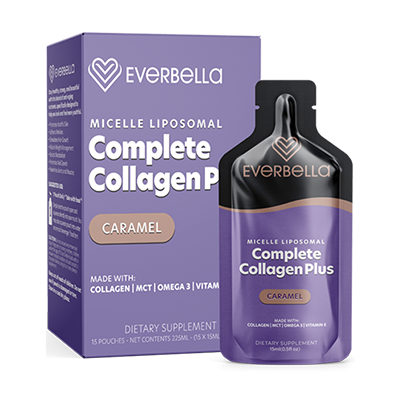Collagen is the most abundant protein in the body. It’s responsible for giving structure to your skin, joints, organ tissues, blood vessels, bones, and more. Think of it like the glue that holds your body together.
But here’s the unfortunate part…
Your body is losing out on collagen right now.
How is this happening? Well, that’s what this blog is all about. We’re going to outline the top five ways that your body loses collagen (plus what you can do about it).
Knowing what’s causing your collagen levels to drop can help you do something about it – maintaining proper levels for a youthful body through and through, no matter your age!
5 things that destroy your collagen
There are many things within and outside of your control that are harming your collagen, which has drastic effects throughout your body, including wrinkles, achy joints, thin hair, and more.
Keep reading to find out what could be causing your collagen levels to drop!
1. Age

This is the most unfortunate one. The simple act of aging – which none of us can avoid – depletes your collagen. But why?
Within your body are cells called fibroblasts. These are the cells that produce collagen within your body. But as they age, their collagen-producing abilities diminish. They amount of these cells also declines with age. This means less collagen is made, and when it is made, it’s not as strong.
This results in skin that loosens and wrinkles, becomes dull, and can’t retain water as well. But depleting collagen due to age isn’t even close to the biggest thing damaging your collagen. The good news is that, while this one may be less in your control (outside of replenishing this lost collagen), most other factors you can control.
2. UV exposure
Your skin being directly exposed to the sun (without protection like sunscreen) is the number one cause of loss of collagen and skin aging.
The sun’s harmful rays enter the middle layer of the skin (the dermis) and accelerate collagen breakdown. They also give rise to free radicals that further break down collagen by increasing the presence of enzymes in the skin.
If that wasn’t bad enough, UV exposure disrupts the rate of collagen production in the body. This makes UV exposure a double whammy when it comes to your collagen.
Sunscreen, hats, staying in the shade, and being mindful of the UV index will be a major help to your skin as you age.
3. An unhealthy diet

Your diet could be degrading your collagen, meaning a simple change in food choices could lead to healthier skin.
Collagen production in the body is strongly influenced by nutrient intake. Including foods with high protein content for amino acids that are needed to build collagen, like poultry or other healthy meat options, go a long way in providing your body with strong collagen. Foods like berries that are high in antioxidants can help protect your collagen from being broken down by free radicals, allowing you to maintain healthier levels.
However, avoiding certain foods can make a big difference as well. For example, sugar is detrimental to your collagen and skin health, as it breaks down elastin and collagen. If you have a sweet tooth, consider opting for healthier sweeteners instead.
Alcohol and cigarettes are both also terrible for your collagen, with smoking being considered one of the fastest ways to deplete your collagen levels.
All in all, just be sure to consume a diverse diet of whole foods so that your body can take in a wide range of nutrients.
4. Low vitamin C
Speaking of nutrients, vitamin C is one of the most important vitamins you can take when it comes to collagen.
Vitamin C fights free radicals and limits the damage caused by the sun’s UV rays. One of the most powerful antioxidants you can consume, vitamin C helps protect the skin from damage caused by pollution. The easiest way to fight free radicals (which destroy collagen) is to increase the amount of antioxidants in your body. And higher vitamin C levels are a great way to do this.
Consider adding lots of fruits and vegetables that are high in vitamin C to your diet, or add a high-quality liposomal vitamin C to your supplement regimen.
5. Stress
It may seem strange that feeling a certain way can degrade your skin and your collagen, but it’s true.
For starters, stress is pro-inflammatory, which interferes with the body’s natural ability to produce collagen. Stress also increases the levels of the stress hormone cortisol within your body. Cortisol also interrupts your body’s collagen production.
When your body is in a stressful state, most of your energy goes to counter the stress and inflammation that’s caused as a result, leaving less room for things like collagen production.
One thing that boosts your collagen

Now it’s time to look at what can BOOST your collagen.
The simple answer is this: More collagen.
Adding more collagen into your body gives you the resources to have high levels of collagen in every area of your body that needs it!
Plus, with a micelle liposomal, this collagen can be quickly and efficiently delivered to the parts of your body that are the most deficient.
This is exactly what our sister company’s collagen, Complete Collagen Plus, does.
It’s time for you to take control of your collagen levels – and how well you age – by ensuring your body has enough of this important protein.




